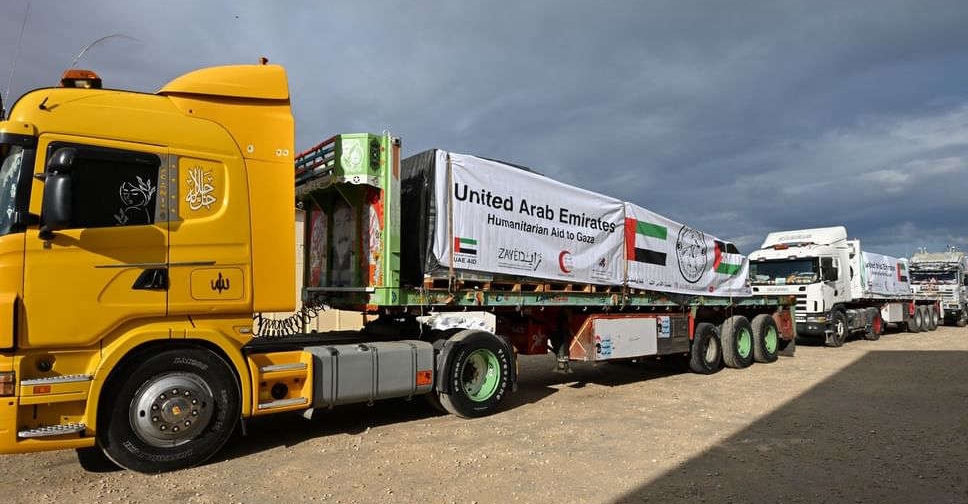
The United Nations appealed for $4.2 billion from donors on Monday to support war-ravaged communities in Ukraine and refugees in 2024, as war rages nearly two years on from Russia's invasion.
"Hundreds of thousands of children live in communities on the front lines of the war, terrified, traumatised and deprived of their basic needs," said UN aid chief Martin Griffiths.
"That fact alone should compel us to do everything we can to bring more humanitarian assistance to Ukraine."
As part of the appeal for funding, OCHA is asking for $3.1 billion to help 8.5 million people in dire need of humanitarian aid in 2024. The UN refugee agency is seeking $1.1 billion to support 2.3 million Ukrainian refugees and their host communities.
The United Nations Office for the Coordination of Humanitarian Affairs (OCHA) received 67 per cent of the $3.9 billion it appealed for last year. It has reduced its appeal for 2024 to prioritise the people most in need as other humanitarian crises around the globe, including in Gaza and Sudan, requires urgent funding.
"The competition for funding is getting greater, there's no question about it," Griffiths said. "As we go into 2024, the competition for funding is going to be more difficult than 2023."
OCHA said more than 14.6 million people, or 40 per cent of Ukraine's population, will need humanitarian assistance this year due to Russia's invasion and attacks.
More than 3.3 million of the people in need live in front-line communities in the east and the south of the country, including in territories occupied by Russia, which OCHA humanitarian convoys have been unable to access since the start of the conflict.
"We continue to remain in negotiation with the Russian government about how to get access to those people who are perhaps in the most urgent of need, since it has now been two years since any real, effective, regular, reliable humanitarian aid has reached them," Griffiths said.
Russia's invasion, launched in February 2022, has forced some 6.3 million people to flee abroad. Four million people, including nearly one million children, remain displaced within the country, according to OCHA.
"Host countries continue to extend protection and include them in society, but many vulnerable refugees still need help," said Filippo Grandi, the UN High Commissioner for Refugees.
"They shouldn't feel pressed to return because they cannot make ends meet in exile."

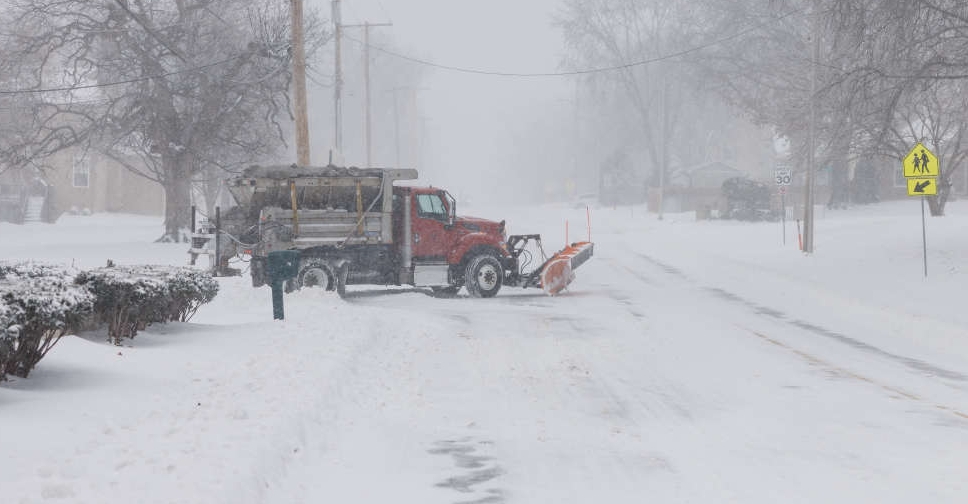 Winter storm hits central US
Winter storm hits central US
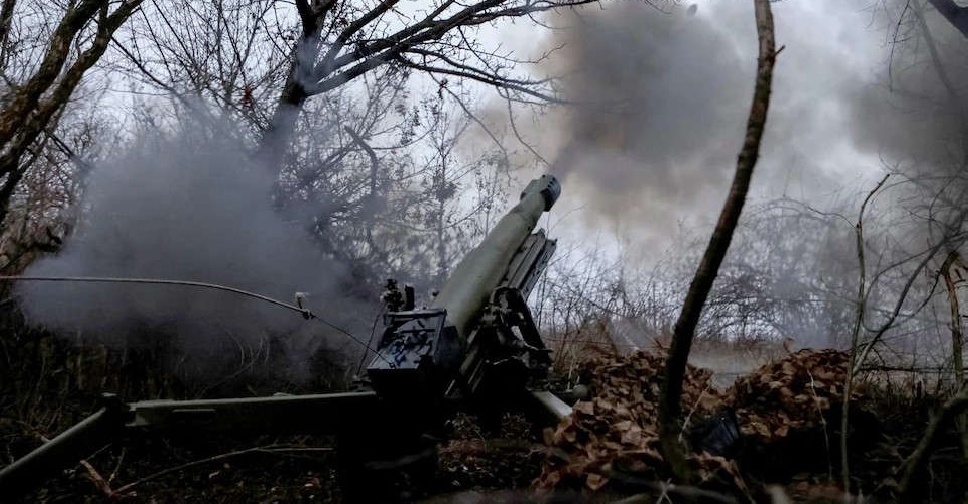 Ukrainian forces launch major attack in Kursk region
Ukrainian forces launch major attack in Kursk region
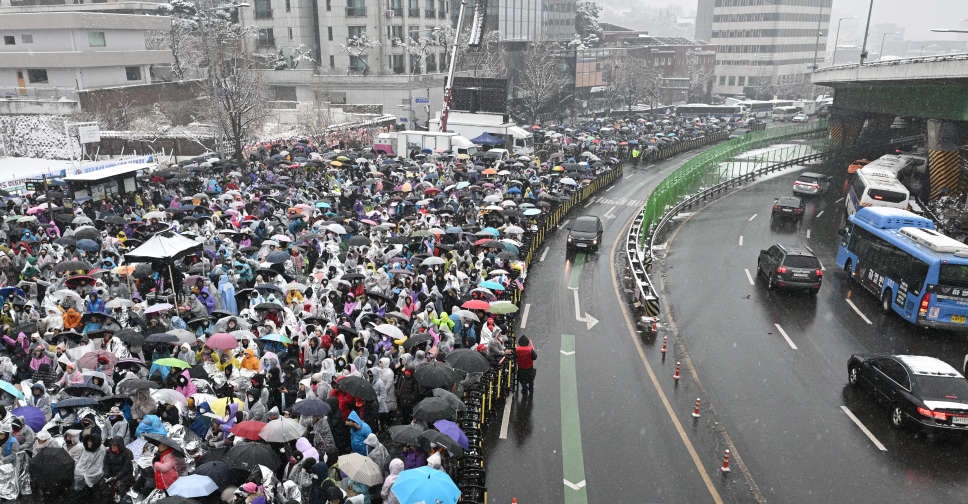 South Koreans protest as Yoon arrest deadline looms
South Koreans protest as Yoon arrest deadline looms
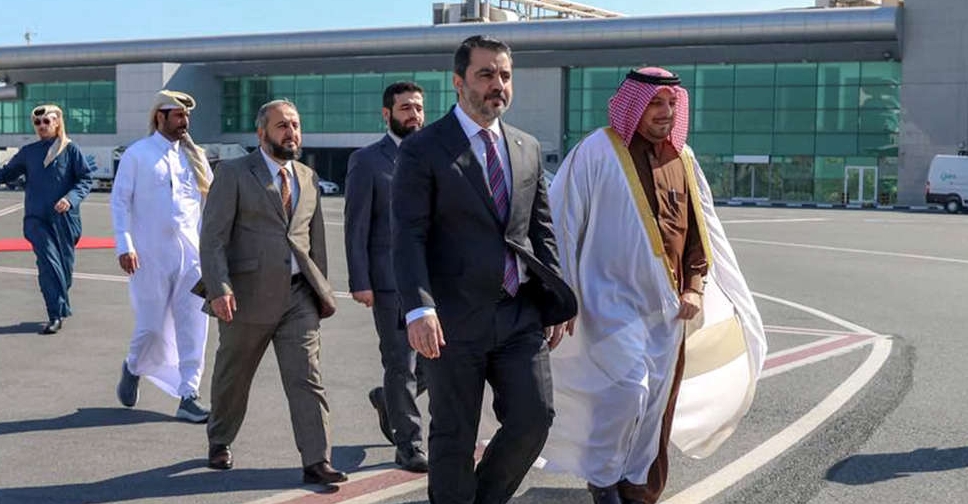 Syrian foreign minister in Doha to meet senior Qatari officials
Syrian foreign minister in Doha to meet senior Qatari officials
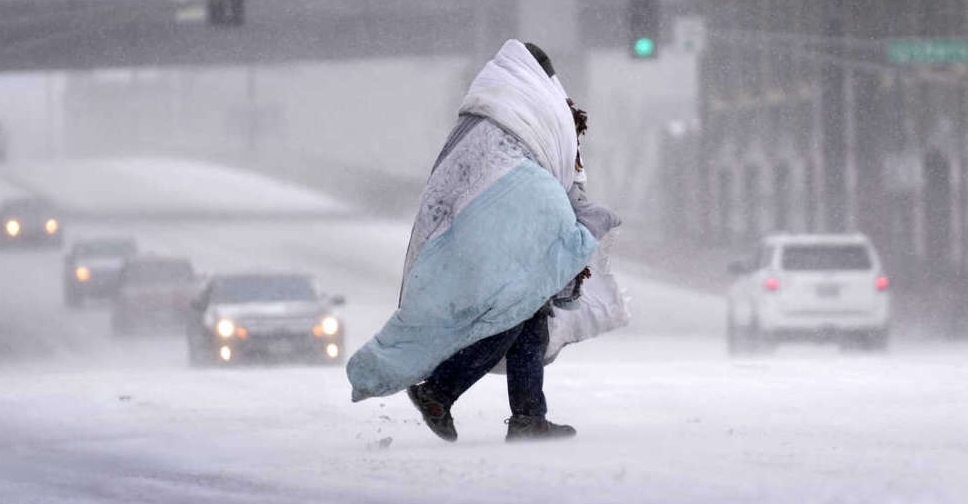 Massive winter storm to hit US from Plains to East Coast
Massive winter storm to hit US from Plains to East Coast



